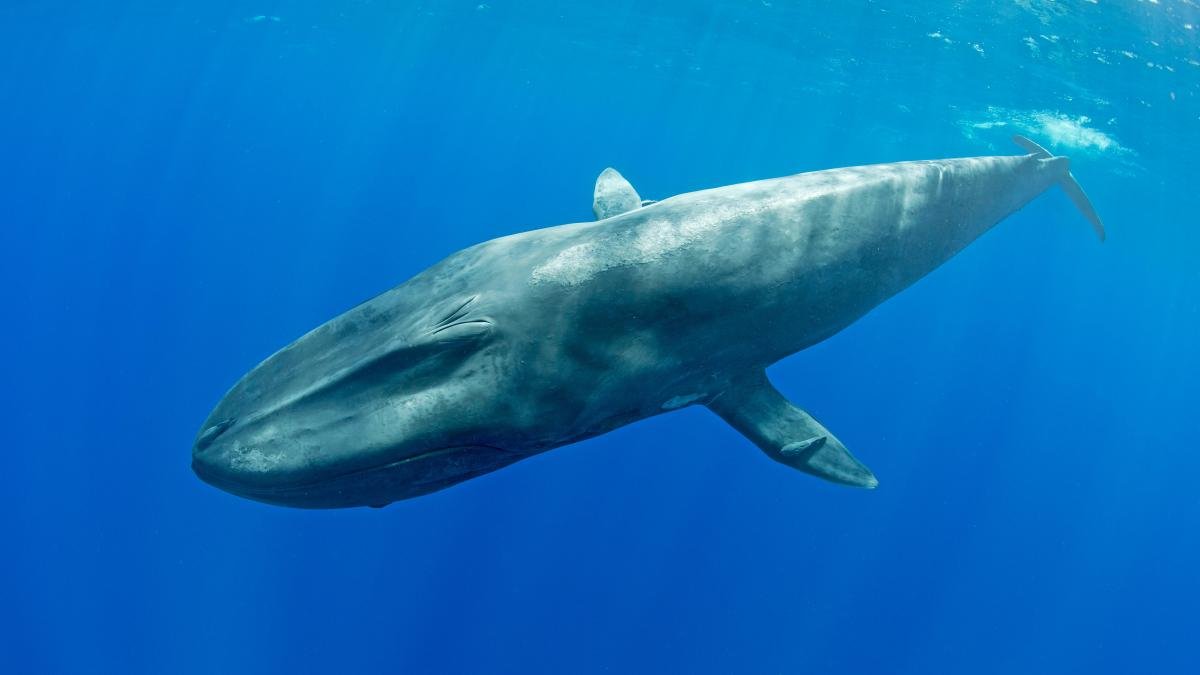Marine biologists from the Australian National University have raised concerns about significant delays in the migration of pygmy blue whales due to warming oceans.

Marine biologists from the Australian National University have raised concerns about significant delays in the migration of pygmy blue whales due to warming oceans.
The pygmy blue whales, a subspecies growing up to 24 meters long, usually migrate thousands of kilometers south from breeding grounds off the coast of Indonesia past Timor Leste to Australian waters in October and November.
Karen Edyvane, a marine biologist, expressed alarm over the absence of whales in Timor Leste for the past six weeks, attributing the delayed migration to climate change. Changes in oceanography, particularly in upwelling strengths, are affecting the migration patterns, causing a delay of four to six weeks in the season. Edyvane also noted impacts on the health of the whales.
This concern follows observations of malnourished pygmy blue whales during the 2022 southern migration, which Edyvane linked to warm ocean temperatures. The Australian Bureau of Meteorology declared an El Niño weather event in September, typically associated with hotter, drier weather in Australia but expected to increase food supply for whales due to a reduction in ocean temperatures in the north.
Pygmy blue whales (Balaenoptera musculus brevicauda) are a subspecies of blue whale that are found in the Indian Ocean and the southwestern Pacific Ocean. They are the smallest of the three subspecies of blue whale, averaging about 24 meters (80 feet) in length and 75 tons (165,000 pounds) in weight. Pygmy blue whales are filter feeders, and their diet consists primarily of krill.
They are social animals, and they often travel in groups of a few to a few dozen individuals. Pygmy blue whales are classified as Data Deficient by the International Union for Conservation of Nature (IUCN), meaning that there is not enough information to assess their conservation status. However, they are threatened by a number of factors, including entanglement in fishing gear, pollution, and climate change.